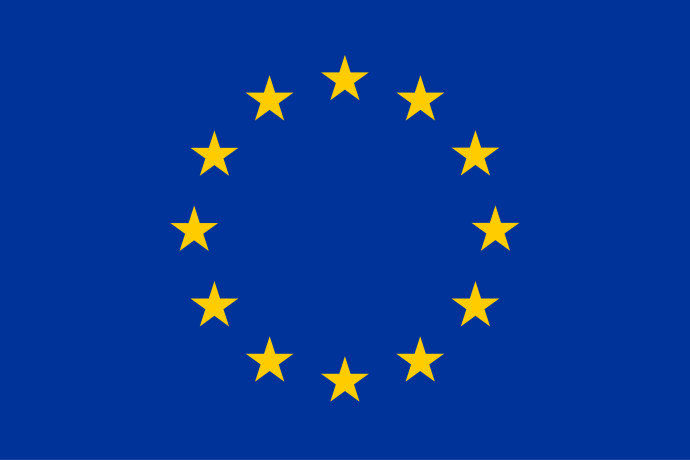December 6, 2017
Bland Pudding: European Pillar of Social Rights – Hunsley
By Terrance Hunsley

Second in a series on Futures Entwined: The nation-state and the welfare state.
How is the EUropean Union dealing with inequality, the global economy, population movement, and political cracks in the state of the union?
The EU is suffering from the close call with Greece. It is struggling with Brexit. It is worried about Italy’s debt load. And it is witnessing the rise of far right parties and anti-immigration rallies and sentiments. Many of the populist far right groups are ardently nationalistic and anti-EU, and they are getting out the vote. And the economic divisions are showing, with the economy chugging along in the north, but still showing dangerously high levels of unemployment in the south.
So EU leaders are trying to do something which will make people value the continued existence of the “European family”. They have just announced a “new” European Pillar of Social Rights, which is apparently aimed at righting some of the wrongs of economic inequality and insecurity, preparing the labour force for the evolving global high-tech economy, and galvanizing broad-based public support and confidence.
By and large, European workers enjoy more protection and better work-related benefits than those in North America. Of course we cannot really lump European policies together, since the Scandinavian countries pursue a different set of policies than the economic heavyweights of France and Germany, which in turn have a different orientation than the southern and eastern countries.
A policy objective articulated a little over ten years ago, and labelled “flexicurity” has so far resulted in softening labour market regulations in several countries to give employers more flexibility to hire and fire. Simultaneously they have been doing, well, nothing, to increase the income security of workers in the shifting global marketplace.
So enter The Social Pillar, which will be subject to consultation over the next couple of years. It has three main components. One is an anti-discrimination section, enshrining equal rights to opportunities and banning discrimination of any type. The second is “fair working conditions” and work-life balance. “Innovative forms of work, which ensure quality working conditions” will be encouraged – including entrepreneurship and self-employment. Information about opportunities will be made available. And – hold your hats – a person who is unemployed for 18 months will have a right to an in-depth individual assessment. The third component talks about rights to social protection, including income support, child care, health care, disability benefits and a basic income guarantee.
Problem is, the new Pillar is mainly a summary of rights enshrined in human rights instruments and legislation which have been in existence for a couple of generations already. No substantial initiatives or improvements are proposed, and the minor improvements are encouraged, not mandatory. Concepts like minimum income guarantees are qualified by an insistence that benefits not be so generous as to constitute a disincentive to work. Doesn’t sound much different than social assistance. Assurances of retraining for the displaced are similarly qualified such that retraining not impede a “speedy”return to work. In other words, short term skills training aimed at service jobs, rather than substantive re-skilling for the economy of the future. And all proposed rights are subject to national policy objectives and standards – so no real change to the status quo is being offered.
Hard to see how it is going to generate enthusiasm and support for their current fiscal policy of continuing austerity.
Terrance Hunsley is a Senior Fellow with The Pearson Centre, and Editor of the International Social Policy Monitor (politudes.com). He is a former Director General of the International Centre for Prevention of Crime, Executive Director of the Canadian Council on Social Development, and Fellow of the Queens University School of Policy Studies. He is also a former Member of the Council of Science and Technology Advisors to the Government of Canada.



